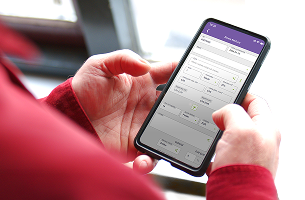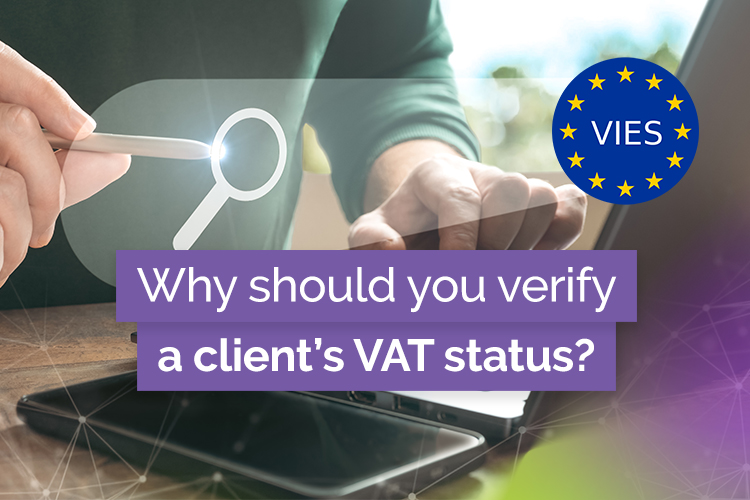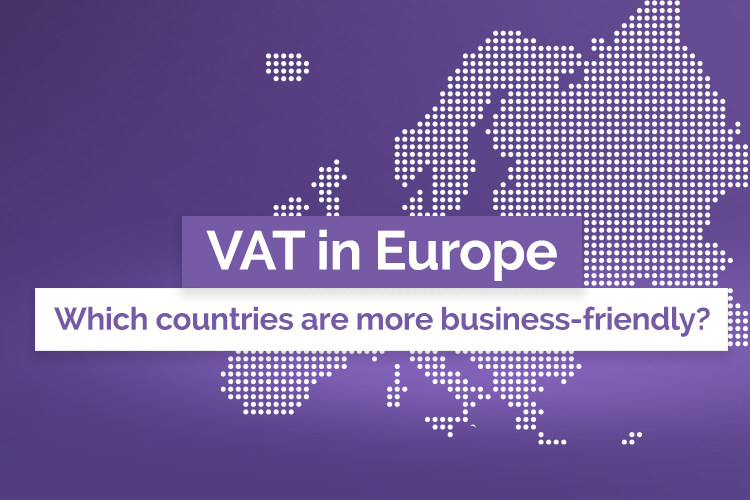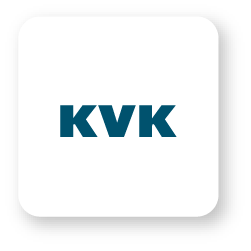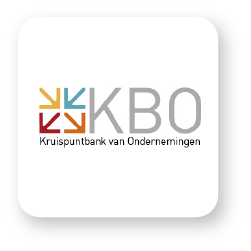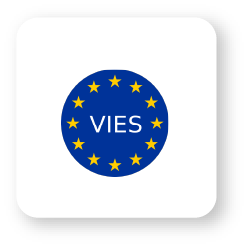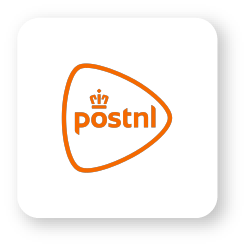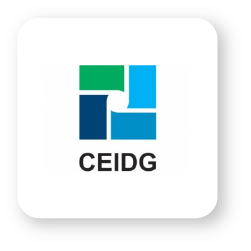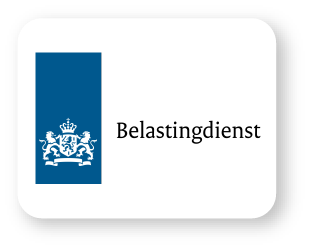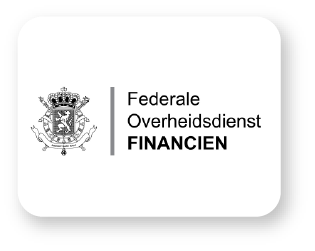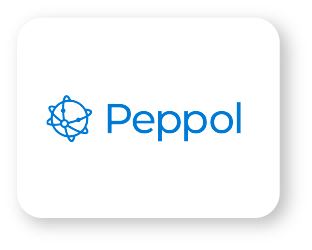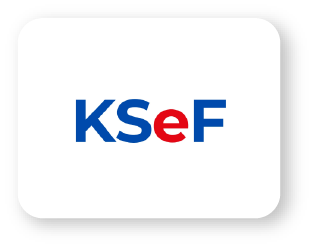New E-Invoicing Regulations in Germany

Mandatory E-Invoicing in Germany from 2025
As of January 1, 2025, Germany has introduced a new requirement for issuing and receiving electronic invoices (e-invoices). These changes are part of the European digitalization strategy, aimed at standardizing accounting processes and simplifying tax compliance. The new regulations apply to all businesses operating in Germany, including international companies engaged in B2B transactions within the country.
What Are E-Invoices and Why Are They Mandatory?
An e-invoice is a document that is created, sent, and processed in a structured digital format, allowing accounting systems to read and process data automatically. To comply with German tax regulations, e-invoices must adhere to the European standard EN 16931, which means that traditional PDF or paper invoices will no longer be sufficient.
Germany recognizes two primary e-invoice formats:
- XRechnung – an XML-based format recommended by German tax authorities, fully compliant with EN 16931.
- ZUGFeRD – a hybrid format that integrates structured XML data with a human-readable PDF version.
The shift to e-invoicing is intended to enhance transparency, combat tax fraud, and reduce administrative costs. Additionally, Germany aligns with the broader European initiative to implement Peppol (Pan-European Public Procurement On-Line), a system designed to streamline cross-border e-invoicing within the EU.
Who Must Comply with the New Regulations?
The e-invoicing requirement applies to all domestic business-to-business (B2B) transactions, meaning both the supplier and the customer must have a registered office or permanent establishment in Germany.
International companies are also affected if they:
- Sell products or services to German businesses.
- Operate a branch or permanent establishment in Germany.
- Engage in local B2B transactions subject to German tax law.
However, certain transactions remain exempt from the mandatory e-invoicing rules. These include:
- Invoices below €250.
- Business-to-consumer (B2C) transactions.
- Cross-border transactions, such as those between businesses based outside of Germany.
If your company operates in Germany, ensure compliance to avoid potential penalties.
New Responsibilities for Businesses
From January 1, 2025, companies must ensure they can:
- Receive e-invoices – Businesses must have systems capable of processing invoices in XRechnung or ZUGFeRD format.
- Issue e-invoices – The mandatory e-invoicing requirement will be introduced in phases. From 2027, it will apply to companies with annual revenues exceeding €800,000. By 2028, all businesses must comply.
Non-compliant invoices (such as paper invoices or standard PDFs) will not be accepted by German tax authorities.
What Does an XML Invoice Look Like?
Unlike traditional invoices, XML invoices contain structured data instead of a visual layout. This allows accounting software to extract details such as supplier name, invoice number, and total amount automatically. While an XML file is not designed for human readability, specialized tools can convert it into a standard invoice format.
How to Generate a Compliant E-Invoice?
To issue e-invoices that meet German requirements, businesses need compatible invoicing software. Since manual creation of XML invoices is impractical, automated solutions are essential.
With eFaktura.nl, businesses can:
- Automatically generate invoices in the required XML format.
- Issue invoices quickly in multiple languages.
- Send fully compliant e-invoices to German and EU-based clients.
- Integrate XML invoices into cost records for streamlined accounting.
With eFaktura.nl, the XML file is automatically sent alongside a readable PDF version, ensuring compliance while saving time. Additionally, businesses can grant accountants direct access to all e-invoices, simplifying tax reporting.
Transition Period and Enforcement
Until December 31, 2026, businesses in Germany may still issue paper invoices or non-compliant e-invoices if their customers agree. For companies with annual revenues below €800,000, this transition period is extended until the end of 2027.
From 2028, all businesses will be required to issue e-invoices in an approved format. Tax authorities will enforce compliance through audits and inspections, making it crucial for companies to adapt their invoicing systems in advance.
Stay Compliant with eFaktura.nl
The introduction of mandatory e-invoicing in Germany is a significant step toward business digitalization across Europe. Ensuring compliance is essential to avoid legal risks and streamline financial operations.
With eFaktura.nl, businesses can easily adapt to the new requirements. Our platform is fully compliant with German and EU regulations, offering powerful automation tools that simplify invoicing and accounting.
